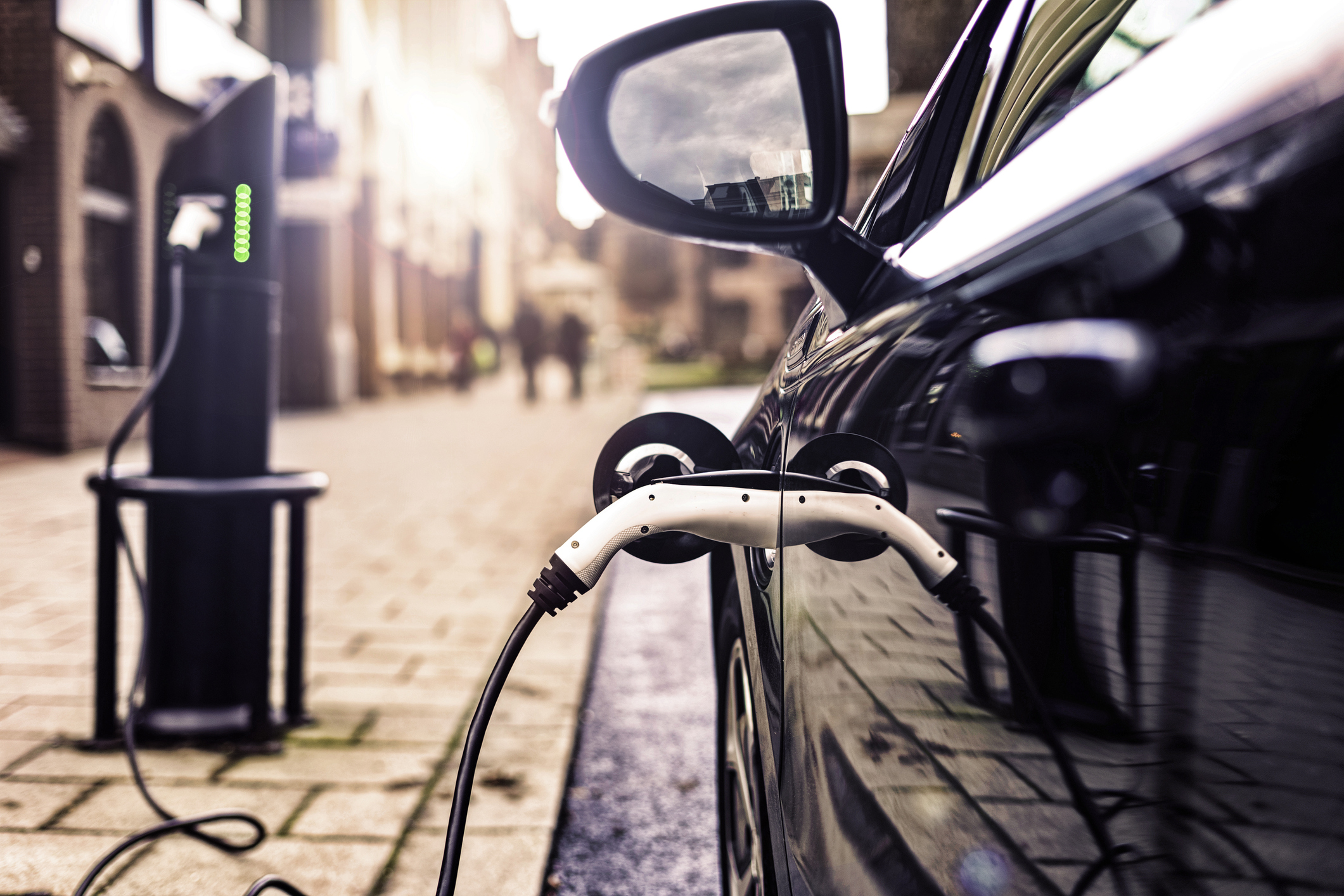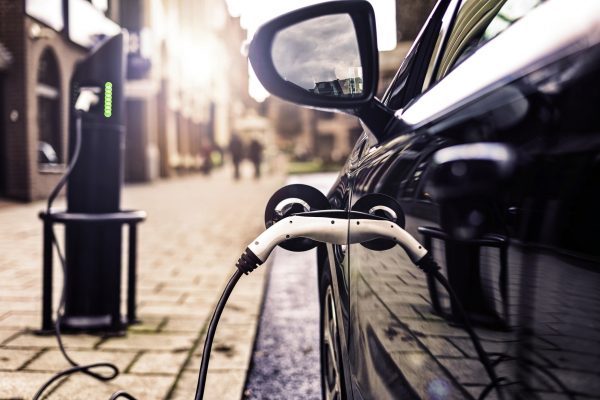Read time: 3 minutes, 30
As the diesel car market collapses across Europe, now is surely the moment to press home to the public the benefits of electric vehicles (EVs).
In the UK, new diesel car sales hit a 20-year low early this year, with the market share falling below 20%, according to the Society of Motor Manufacturers and Traders (SMMT). Petrol car registrations are falling too (by almost 10% year-on-year in January 2020). These numbers precede COVID-19, illustrating real decline, not a misleading blip.
Registrations of zero emission capable cars, however, continue to enjoy growth. As the internal combustion engine (ICE) feels the chill of low consumer confidence, registrations of battery electric vehicles (BEVs) in the UK charged up over 200% year-on-year in early 2020.
What happens now?

Now is a critical time for the electric vehicle (EV) market, as cities seek to find meaningful ways to reduce carbon emissions
As a company advising clients on sustainable transport PR every day, we’re naturally fascinated by how the EV industry can exploit this opportunity. What should the messaging highlight? How do we accelerate demand? After all, fleet renewal is vital in the fight against climate change.
Firstly, we should perhaps thank the one-man PR machine that is Elon Musk, CEO of Tesla. No one has done more to make EVs ‘sexy’ in the public consciousness…something that goes a long way in marketing.
EV communications cannot rest on Musk’s laurels, though. The industry needs to openly address concerns – not least ‘range anxiety’ – to win public trust.
Government actions must match eco-ambitions
Outside help will be required too. The lobbying road might be long, but the journey is essential. SMMT chief executive Mike Hawes believes “to drive the transition to zero-emission motoring, we need carrots, not sticks.” Consumers should be encouraged “to invest in the cleanest new car that best suits their needs. If that is to be electric, government must take bold action to make these vehicles more affordable and as convenient to recharge as their petrol and diesel equivalents are to refuel.”
Affordability is such a key issue. There’s no escaping the fact EVs, including entry-level options such as the Kia e-Niro and Nissan LEAF, still cost more than equivalent ICE cars (although total ownership costs favour EVs, according to the International Council on Clean Transport). An EU-wide VAT exemption on zero-emission cars, reportedly on the table, would certainly be welcome. Bloomberg says the European Commission is also considering doubling the EU investment package for recharging to build two million public charging and alternative refuelling stations by 2025.
Perhaps Tesla’s ‘Battery Day’, which rumours suggest will see a battery unveiled that could bring the cost of EVs down to match ICE vehicles, will deliver the game-changing solution the world is waiting for? The unveiling is still to be confirmed.
Coronavirus impact
Even when the COVID-19 pandemic has passed, many people will be taking a long (and long-term) look at their daily commute. Social distancing may well have made carpooling and public transport less appealing for those in higher-risk groups. Now is the time to ensure first-time car buyers, in particular, can find an affordable, entry-level EV on the market to help reduce the impact of rising carbon emissions.
For existing car owners, more government and original equipment manufacturer (OEM) incentives to use trade-in and car scrappage schemes would surely help drive the move to new, less-polluting vehicles.
A new approach to financing?
Perhaps the key to exploiting the opportunities ahead is to tackle financing with some creative thinking. How can monthly EV repayments be cut to a more manageable level for most people? Should financial models effectively spread payments over a lifetime of buying cars, rather than fixing relatively high, short-term credit against a specific car today? After all, a person’s vehicle needs and budgets can change dramatically over the years. Everyone will have their own ideas on if and how to re-engineer the economics of buying a car, but with so many OEMs also acting as finance service businesses these days, there’s certainly scope for inventive solutions to boost EV sales.
An exciting array of zero and ultra-low emission vehicles are scheduled to come to market in 2020 and beyond. If the industry’s commitment can be matched by government incentives and infrastructure spending, the next year could see EVs make unprecedented progress.








